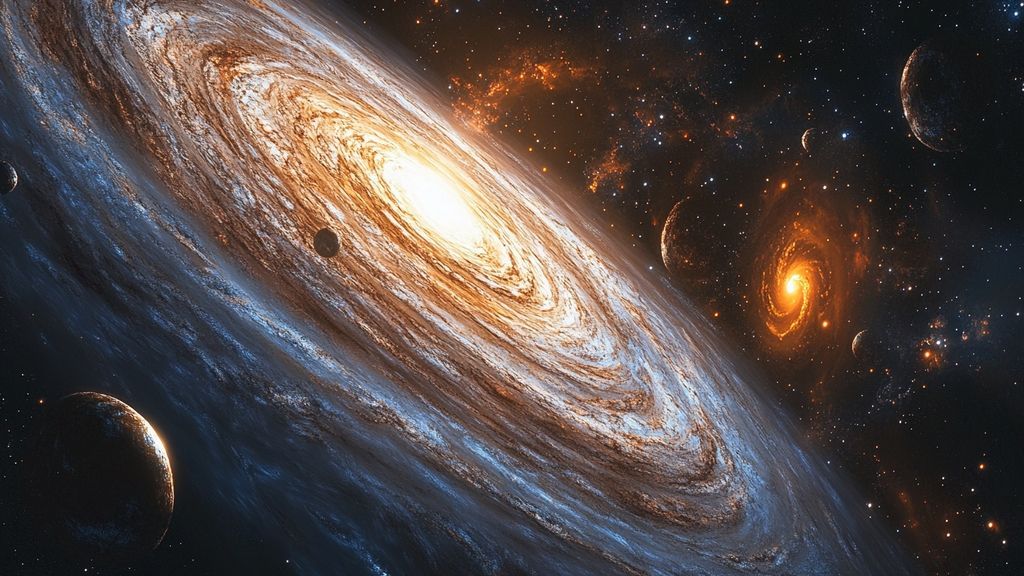The best documentaries on physics that you absolutely must see
IN BRIEF Must-watch scientific documentaries on physics. Discovering the universe through captivating films. Varied themes: from quantum to elementary particles. Best platforms to watch: Netflix, YouTube, and others. Recent films: Oppenheimer, The James Webb Telescope. Series to follow for learning: Rick and Morty, The Big Bang Theory. Impact of science on our daily lives and … Read more








